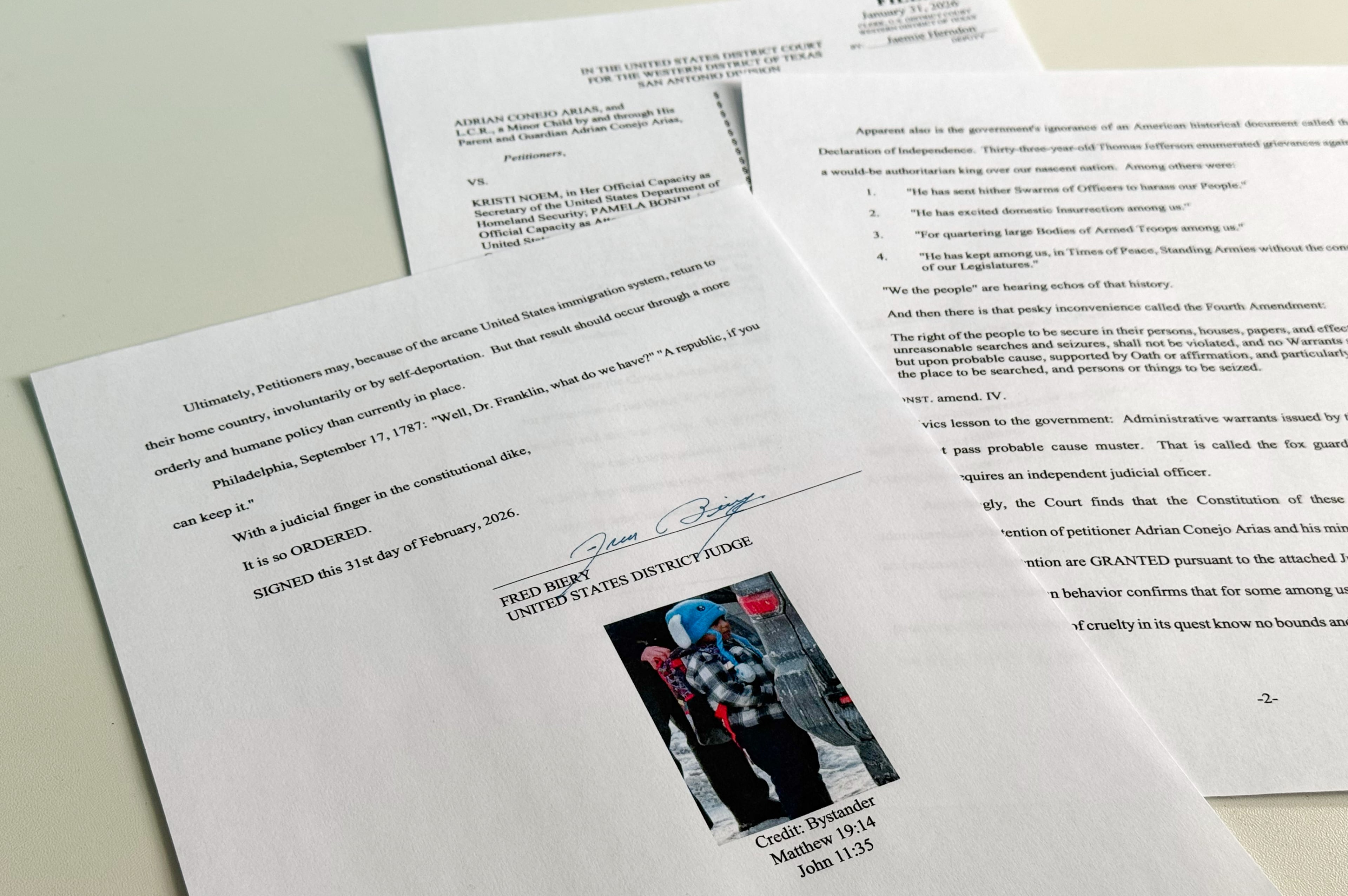The silver lining surrounding an ICE deportation
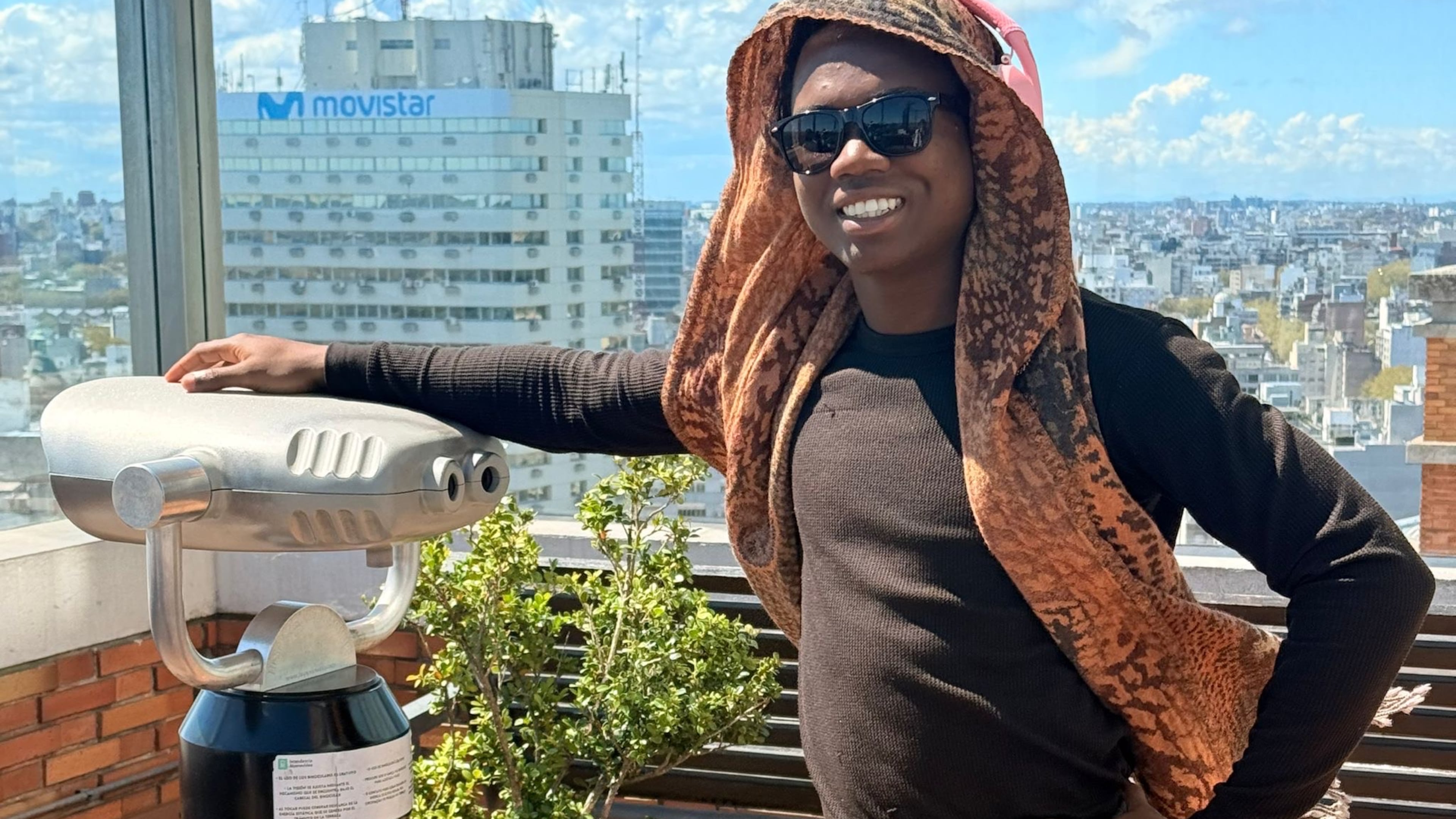
Recently, some new-found friends gathered at Manuel’s Tavern to celebrate the 27th birthday of Jerome Lawrence, a Jamaican immigrant who brought them all together.
They had cake, sang “Happy Birthday” and toasted his health and happiness.
But Lawrence, a slight gay man who came to the United States seeking asylum, wasn’t with them. In July, he’d been deported after being detained by ICE, capping off a circuitous and emotional 21-month odyssey.
His stay in Atlanta wasn’t long. But his infectious optimism and “1,000-megawatt smile” bound together a disparate group of citizens who stepped up to help him. Whether the battle with ICE was a win or a loss depends how you see silver linings.
Lawrence now resides in Montevideo, Uruguay, which he says “is real south, under Brazil. It’s almost Antarctica.”
He’s exaggerating. Uruguay is 3,300 miles from the icy continent. But his new home is 5,000 miles south of his adopted Atlanta.
Lawrence didn’t speak Spanish. But he chose the South American country because, as a gay man, he is afraid to return to his native Jamaica. And because he couldn’t stay here.
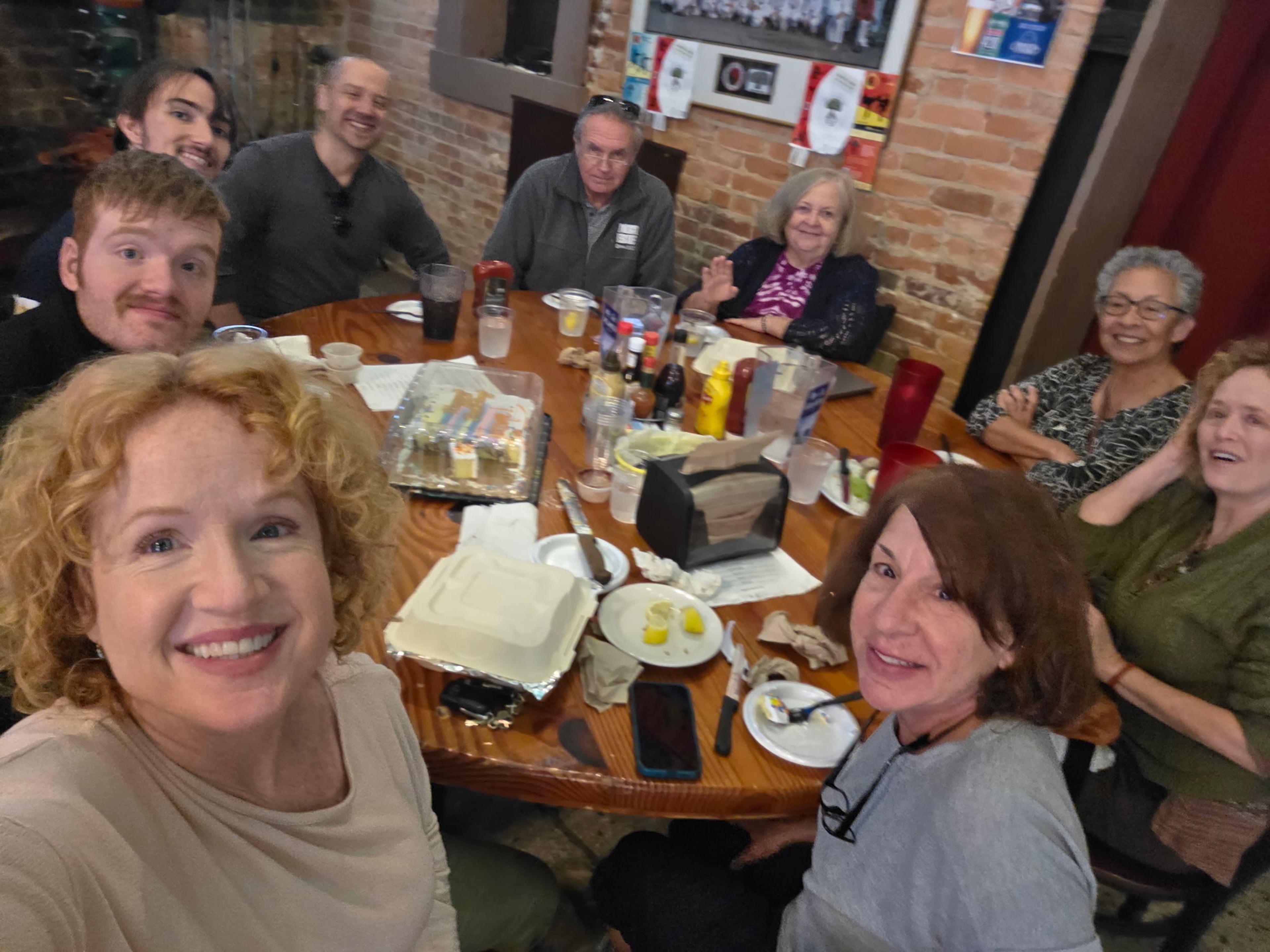
He wanted to remain in the U.S. and receive asylum status, but he lost his will after months of detention in the Clayton County jail and ICE’s infamous Stewart Detention Center in South Georgia.
During an immigration hearing in April at Stewart, Lawrence told a judge he could not last much longer in custody. He had been on suicide watch in a secluded cell with the lights on 24 hours a day. He said his official date for an asylum hearing is next August.
“It’s that backed up,” he told me.
I watched a video of his hearing. He told the judge, “The detention center is not, well, I’m gay and it’s not the best for me.”
He added, “I love the United States and I thought I could get help here. … It’ll be hard but I hope another country takes me. I don’t want to be in detention any longer.”
Immigration attorneys say that locking up immigrants indefinitely is a tool ICE uses to squeeze out their hope and will so they give up and self-deport.
That’s what happened here. Lawrence says he’d be in danger back in Jamaica. So Uruguay is now home.
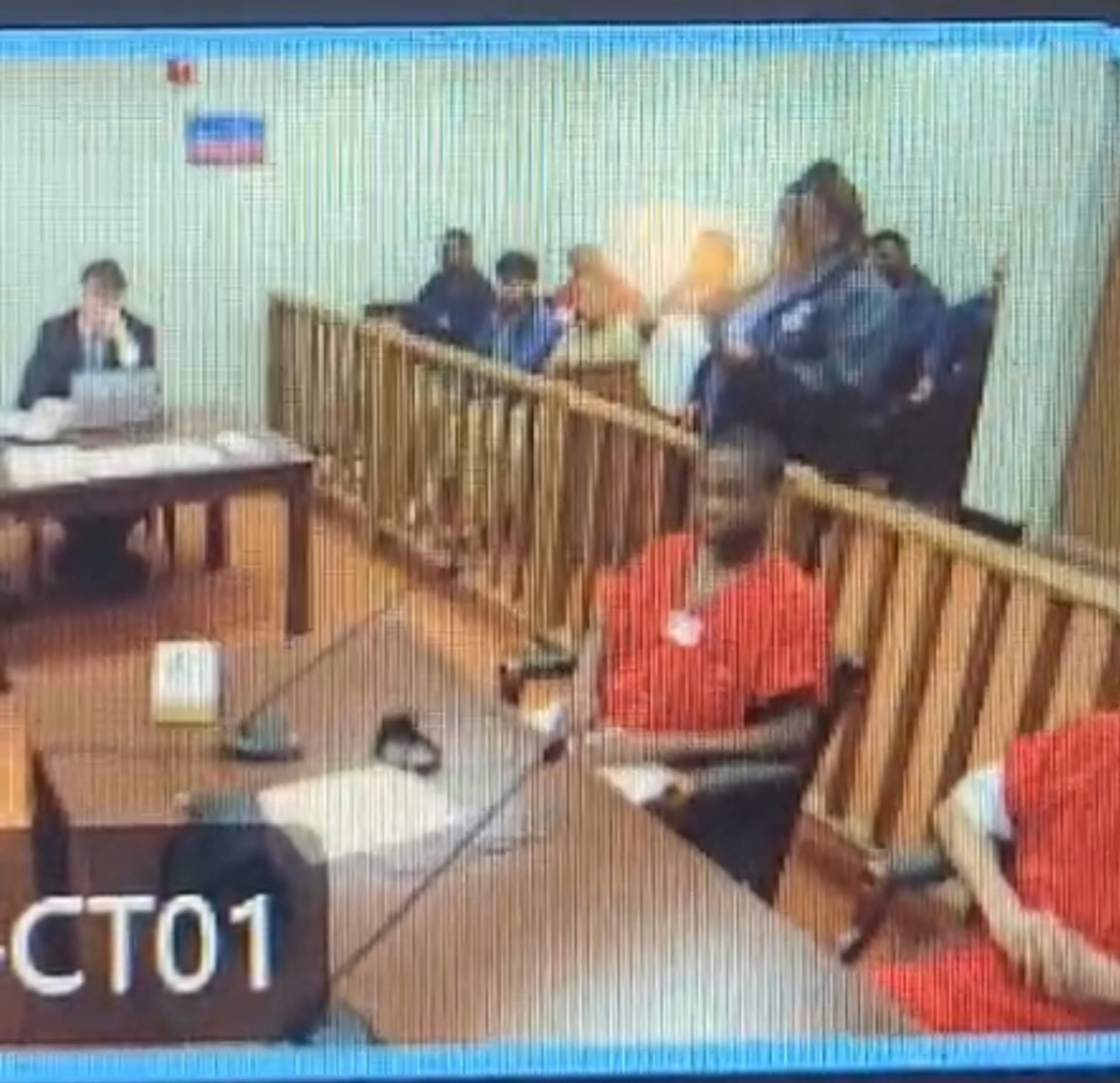
Lawrence came to the U.S. through the Mexican border in November 2023. It was Thanksgiving. Six weeks earlier, he flew to Panama and worked his way up through Mexico to near El Paso.
He said he turned himself in to U.S. authorities and was taken to a processing center in New Mexico and released in January. “I could have slipped over the border, but I thought I’d do it the right way,” he told me.
Lawrence didn’t know anyone in the U.S. but had watched the home of a woman in Jamaica who also had an apartment in Atlanta. The woman took a leap of faith on him — again — and let him stay in her unit near Ponce de Leon Avenue.
He befriended the next-door neighbor, LeAnne Lemmond, a retired prison counselor who made pot roast and cobbler for him on his first night, which he gobbled down.
Afterward, she said, he smiled, looked out her window and kept saying, “America! America!”
His childlike enthusiasm won Lemmond over. “I almost broke into tears because I was seeing my country through his eyes.”
She paused, adding, “But now I’m seeing my country through his eyes.”
He quickly made friends.
There was Lori Craven, a middle-aged woman who met Lawrence, a roller-skating buff, through a gay-friendly group called Rollerslay. And Rev. Colin Holtz, who pastors The Church at Ponce and Highland, a progressive Baptist church.
Lawrence’s immigration status made it so he was unable to work but did odd jobs to get by.
His ICE agent (who I’m told was a helpful person) told Lawrence he’d have a quicker path to getting his asylum if he went to New York. Lawrence did, in September, but found New York lonely.
He came back here for Christmas and was returning to New York but got in a dispute with an airline agent at Hartsfield-Jackson over a $100 bag charge.
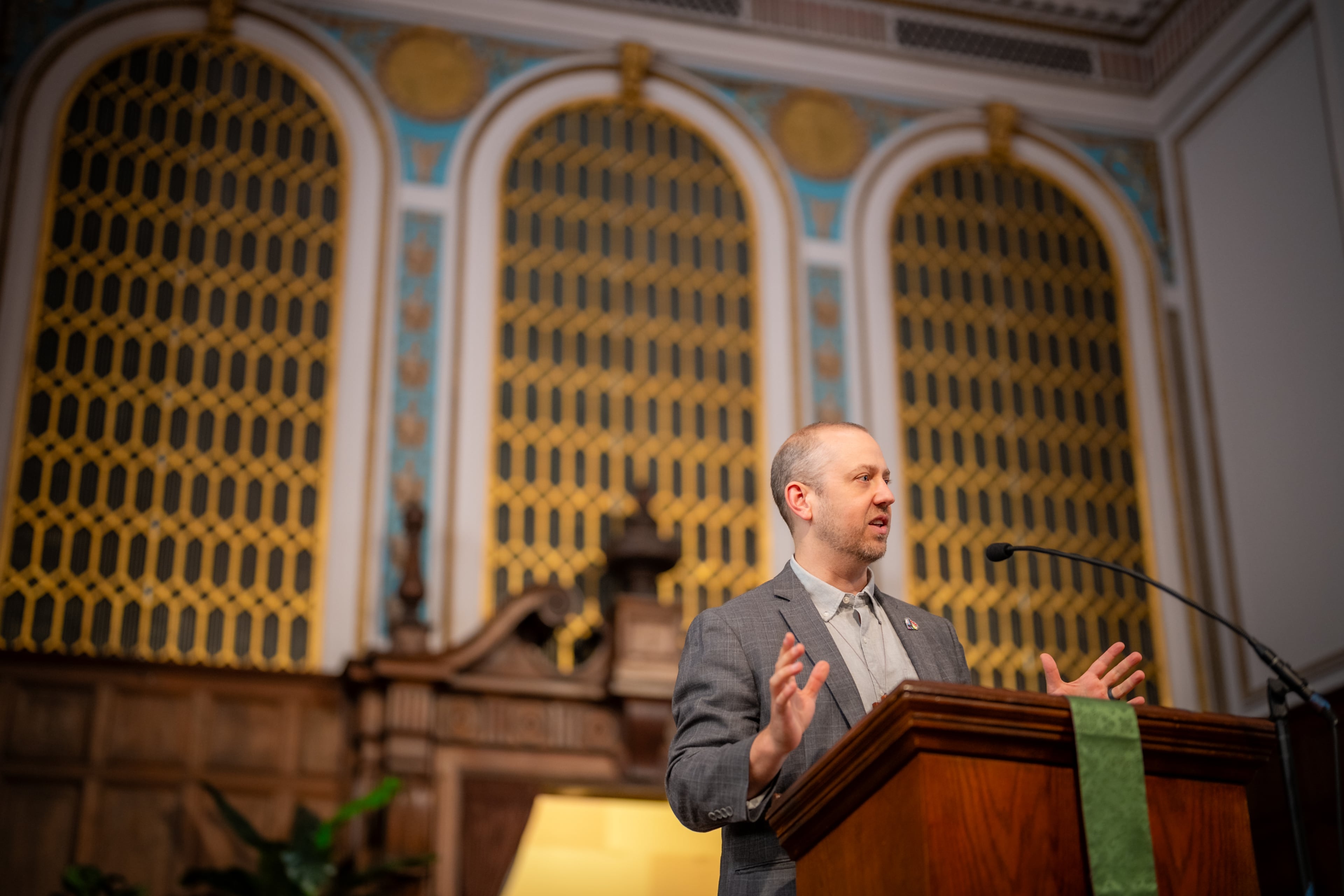
Lawrence refused to leave the counter, demanding a receipt with a refund and stating why he was denied boarding. He remained steadfast and was arrested by Atlanta police on a misdemeanor trespassing charge and brought to the Clayton County jail.
Weeks later, the charge was dismissed, but he was turned over to ICE.
His prospects for staying in the U.S. looked increasingly bleak, so Craven, a former flight attendant, came up with the idea of Uruguay, a progressive country.
“I started planting this idea in his head, with palm trees and beaches and people who are accepting,” she said. “I tried to fill his head with something to sustain him.”
Rev. Holtz worked his end and reached out to the Methodist Church in Uruguay, which had connections with the consulate. Holtz said the Uruguayan consulate vouched for Lawrence.
Meanwhile, Craven created a GoFundMe site which raised more than $9,000 for money for Lawrence to survive on while he figured out his new nation. He’s lived there since July.
Lawrence has moved onto intermediate Spanish classes and says, “It doesn’t feel so much like a foreign country.” The people are friendly and he thinks he can start working next month.
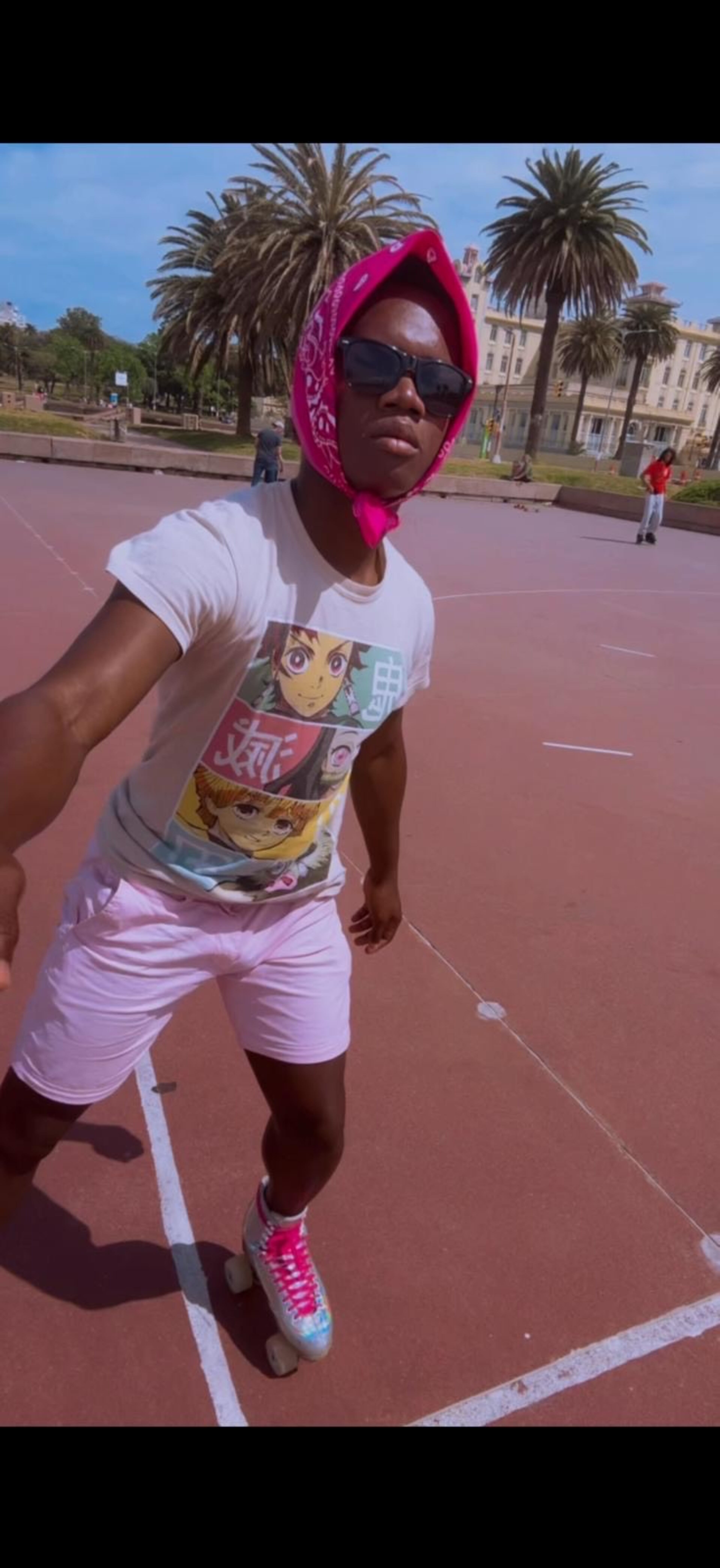
“I think I can live here,” he said.
Says Holtz, “There is a bright spot here, people who didn’t know each other came together for this.
“It was the true Atlanta, you have Jews, progressive Christians, a roller skating club and random others coming to save a young man.”
Lawrence recently sent Craven a photo.
“It was him skating along the beach,” she said. “Just like we had imagined.”


